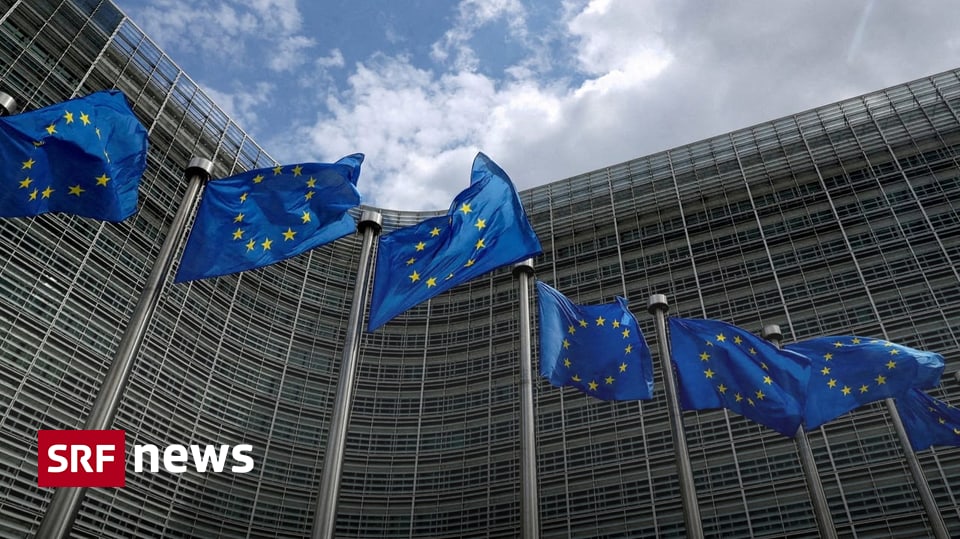
Why is the EU-Latin America summit taking place now? The Russian offensive on Ukraine and increasingly chilly relations with China are sharpening Europe’s view of the rest of the world. For the first time in eight years, the states of the European Union and the so-called Community of Latin American and Caribbean States (CELAC) are meeting again for a summit. In future, meetings will be held more frequently – every two years.
What are more than 50 heads of state and government talking about? One of the topics is the war in Ukraine. Sometimes there are big differences between EU countries and Latin American countries. Dictatorships such as Cuba, Venezuela and Nicaragua openly support Russia. Countries such as Mexico, Argentina and Brazil have condemned Russia but ruled out tougher sanctions.
A free trade agreement between the European Union and Mercosur has been in the works for years between Argentina, Brazil, Paraguay and Uruguay. This will also be discussed at the summit. But even if it is the most important political issue between the EU and Latin America at the moment, no progress can be expected at the summit. Such a deal would, among other things, eliminate tariffs on agricultural products such as beef and soybeans.
What is the status of the EU-Mercosur agreement? The deal has actually been negotiated since 2019. However, various EU countries are reluctant to ratify it. Some aspects of climate and environmental protection, such as the protection of the rainforest in the Amazon, are much less considered. Other countries fear that imports from South America, such as beef, could put European agriculture under pressure. Environmental protection organizations and agricultural unions also oppose the deal. The EU Commission now wants to renew the agreement.
Can we expect an EU-Mercosur agreement soon? The declared goal of the EU Commission and the Spanish EU Council Presidency is to negotiate a renewed agreement by the end of the year. However, whether it will succeed remains to be seen. Brazilian President Lula recently called for stronger protections for small Brazilian companies. In the EU, for example, France and Austria are still criticizing a deal. Various environmental organizations and agricultural unions are also opposed to the updated version of the free trade agreement. So expect tough negotiations.

“Wannabe pop culture fanatic. Zombie advocate. Entrepreneur. Internet evangelist. Alcohol fanatic. Typical travel buff.”




More Stories
Choosing the Right Quality Management Software for Your Industry
If guests bring items: Can shower gel be packed from the hotel?
This diet can prevent death from dementia